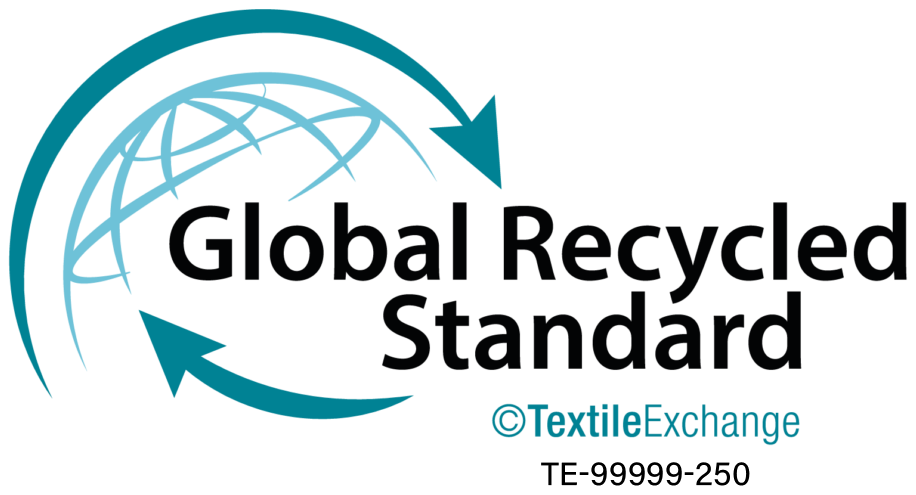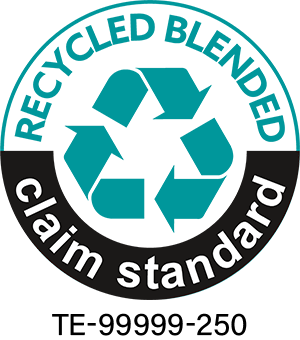In a world that faces pressing environmental challenges, the fashion industry has a unique responsibility to drive change. At Steve Madden, our commitment is to champion and embed responsible environmental stewardship at every level of our operations and supply chain. By building robust systems to measure and track our carbon footprint, investing in environmentally preferred materials*, and forging collaborative partnerships with our suppliers, we strive to be a catalyst for change in the industry, setting an example for others to follow.
In 2022, Steve Madden took significant steps toward setting science-based targets across our Scope 1, 2, and 3 emissions. In June 2023, our goals were validated by the Science Based Targets initiative (SBTi) aligning with the GHG reductions required to keep global temperature rise to 1.5°C for Scope 1 and 2 and well-below 2°C for Scope 3.
We assessed various emission abatement measures within two distinct scenarios: a low and a high carbon reduction pathway to achieve our emissions targets. Following this comprehensive analysis, Steve Madden is set to develop an abatement strategy aimed at reducing our GHG impact and achieving our emissions targets.
Requiring our suppliers to self-assess and report on environmental performance will help us to better understand our supply chain, identify opportunities to meet our environmental targets, and continue expanding efficacy across the fashion industry. We support our factory partners in implementing processes to establish high quality factory data on air emissions, energy, waste, water, wastewater, and chemical management.
For Steve Madden, materials account for 78% of our overall Scope 3 emissions. This significant impact on our carbon emissions highlights the potential to reduce our carbon footprint by leveraging our choice of materials.
In our endeavor to make more responsible sourcing decisions, we have embraced the definition of environmentally preferred materials as materials that exert minimal or reduced impact on climate, nature, and/or people when compared to competing conventional materials serving the same purpose.
We joined the Leather Working Group to support more environmentally responsible leather manufacturing.
The Leather Working Group aims to improve the leather manufacturing industry by creating alignment on environmental priorities, bringing visibility to best practices, and providing suggested guidelines for continual improvement.
Please visit www.leatherworkinggroup.com to get more detailed info about the Leather Working Group.
Products certified to the Global Recycled Standard (GRS) contain at least 50% recycled material that has been independently verified at each stage of the supply chain, from the recycler to the final product.
In addition, certified organizations have met social, environmental, and chemical requirements at each stage of the supply chain. Only the products which are covered by a valid transaction certificate are GRS certified.

Products certified to the Recycled Claim Standard (RCS) contain at least 20% recycled material that has been independently verified at each stage of the supply chain, from the recycler to the final product.
In addition, certified organizations have met social, environmental, and chemical requirements at each stage of the supply chain. Only the products which are covered by a valid transaction certificate are RCS certified.

You have no items in your shopping cart.
More payment methods are possible in the next step of the checkout.

